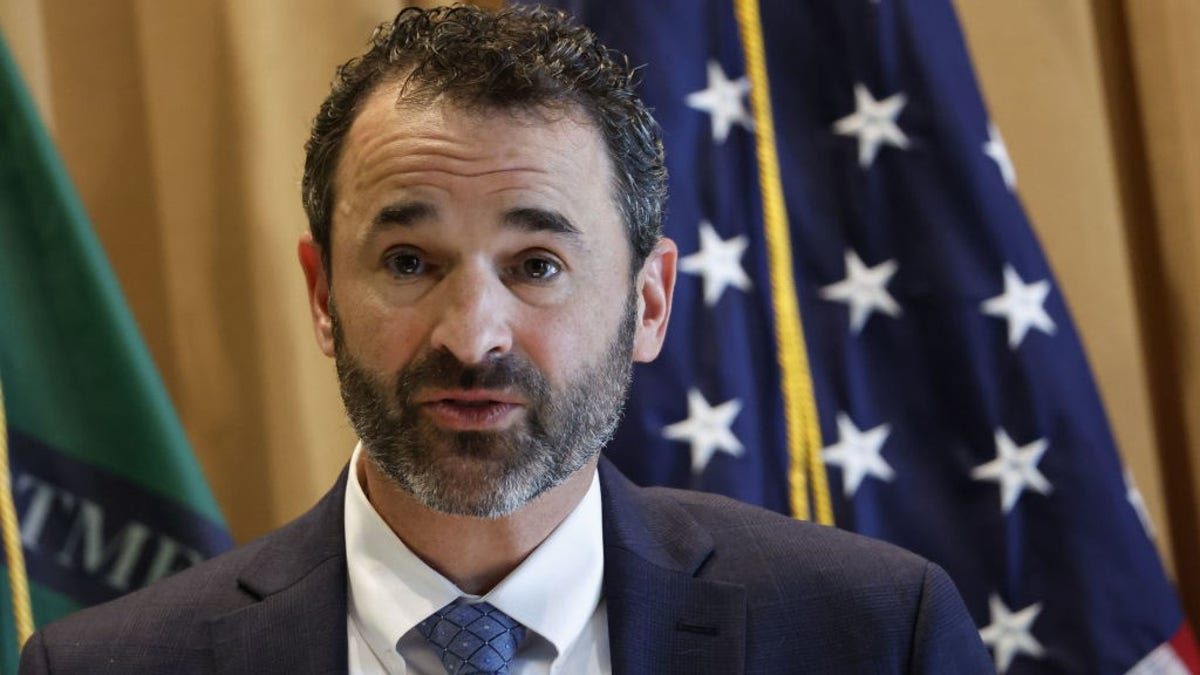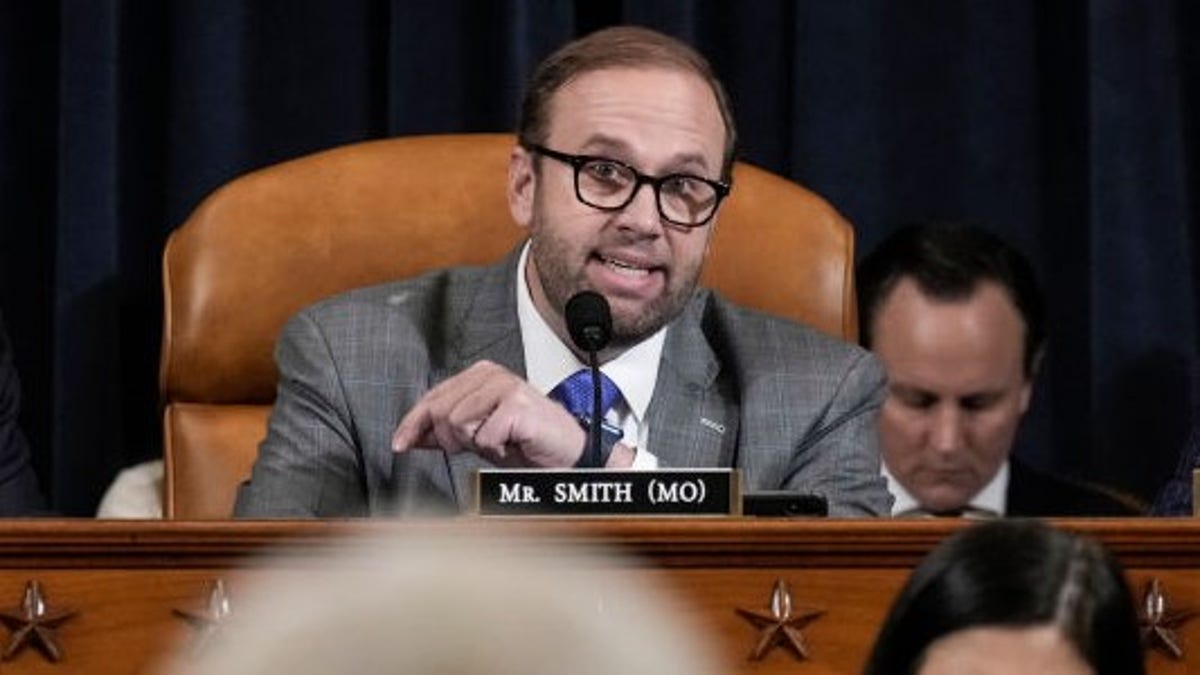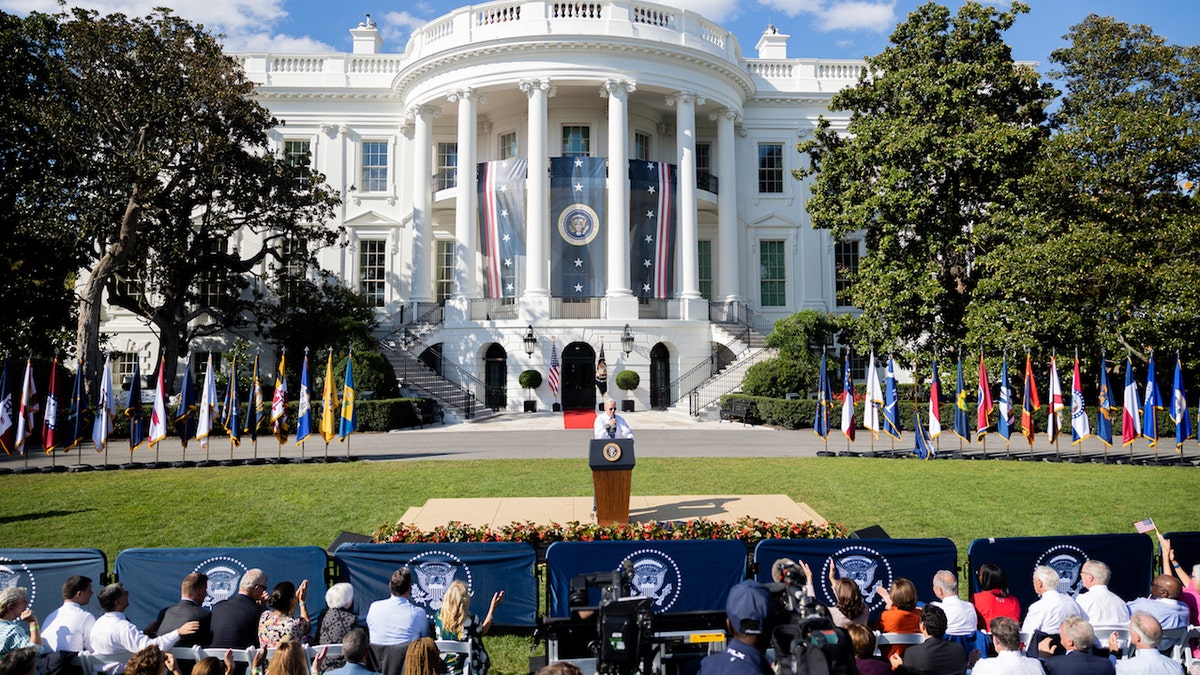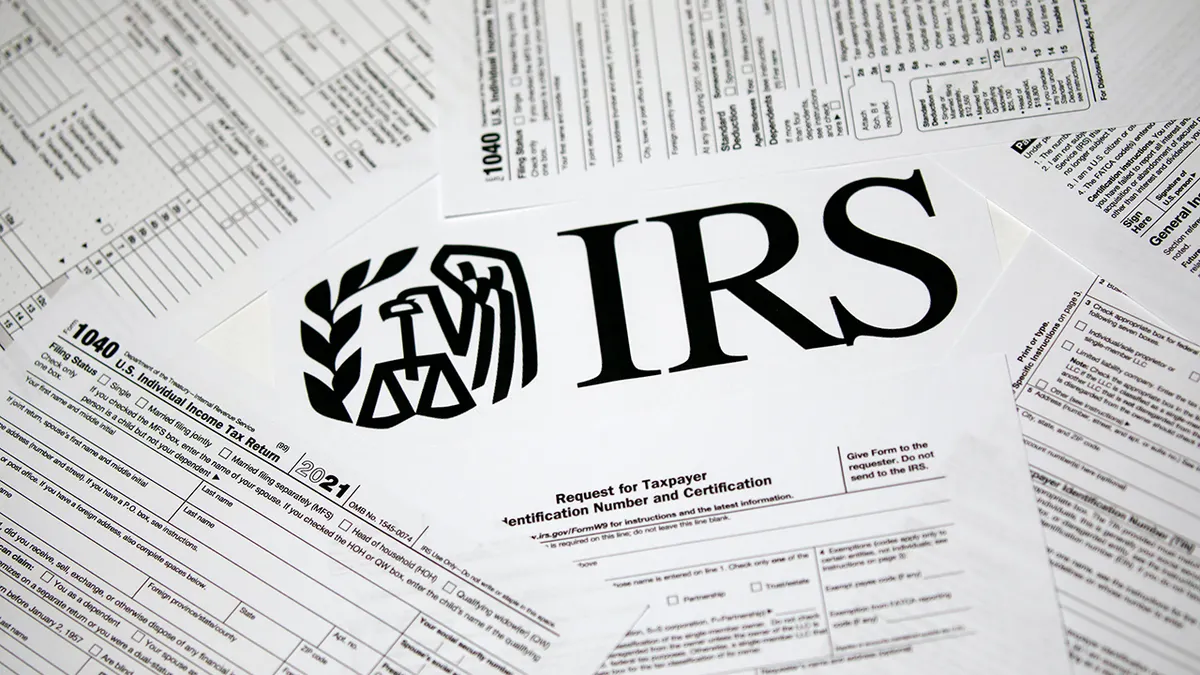A conservative watchdog group, the American Accountability Foundation (AAF), is investigating the Internal Revenue Service (IRS) over its development of a government-operated tax filing program. Critics argue this "direct file" system would grant excessive power to the agency.
The AAF's investigation, based on public records requests obtained by Fox News Digital, aims to uncover communications and documents from the IRS and the Office of Management and Budget related to the system's creation. The initiative for this system originated from the Inflation Reduction Act, which allocated $15 million for the IRS to explore the feasibility of a free direct tax return system. The legislation mandated an independent study and a subsequent IRS report to Congress outlining the study's findings, projected costs, and taxpayer feedback.

Despite IRS Commissioner Daniel Werfel's assurances to Congress that no decision had been made regarding direct file, the Washington Post revealed in May that the IRS had been developing a prototype. The IRS subsequently released its final report, revealing plans for a pilot program for a limited group of taxpayers by January 2024.
This revelation sparked criticism, with lawmakers like Senator Mike Crapo and Representative Jason Smith questioning the IRS's transparency and adherence to Congressional directives. They expressed concerns about the pre-determined nature of the outcome and the potential for the IRS to act beyond its legal authority.

The IRS clarified that the prototype was developed solely to gather taxpayer feedback and not as a fully functional tool. However, the AAF remains skeptical and is seeking further information through its FOIA requests.
While proponents of direct file emphasize its potential for free, user-friendly, and efficient tax filing, critics warn of the risks associated with concentrating power within the IRS. They cite the technical issues encountered with Healthcare.gov as a cautionary tale. AAF President Tom Jones voiced concerns about potential system failures and the implications of the IRS acting as both auditor and tax preparer, particularly given the agency's increased resources and hiring capacity under the Inflation Reduction Act.

The IRS contracted the New America Foundation, a left-leaning think tank, to study direct file, a decision that drew criticism from House Republicans due to the foundation's previous advocacy for government-run filing systems. The administration's appointment of Ariel Jurow-Kleiman, who has advocated for an expansive government-run e-file program, further fueled these concerns.

Critics also worry about the potential for increased audits, especially for lower and middle-income Americans, despite assurances from IRS and Treasury officials that audit rates will not exceed historical levels for these groups.

Treasury official Laurel Blatchford argued for direct file, citing the cost and time burden of tax preparation for Americans and highlighting the availability of free filing options in other countries. However, an MITRE Corp. study revealed that direct file was less popular among Americans compared to private software or IRS-automated filing. The study found that only a small percentage of taxpayers would opt for direct file, even with expanded functionality.
The AAF's ongoing investigation seeks to shed light on the decision-making process behind the development of direct file and its potential implications for taxpayers.
Comments(0)
Top Comments